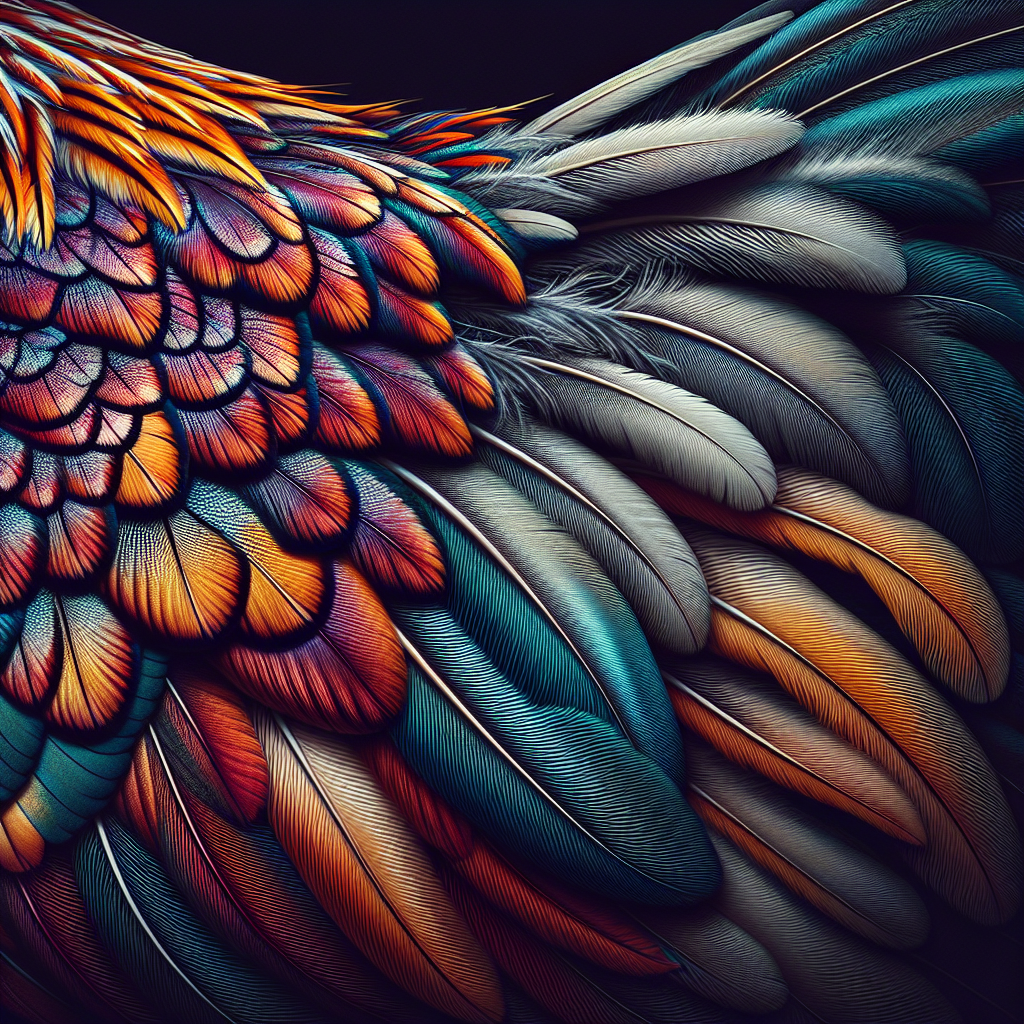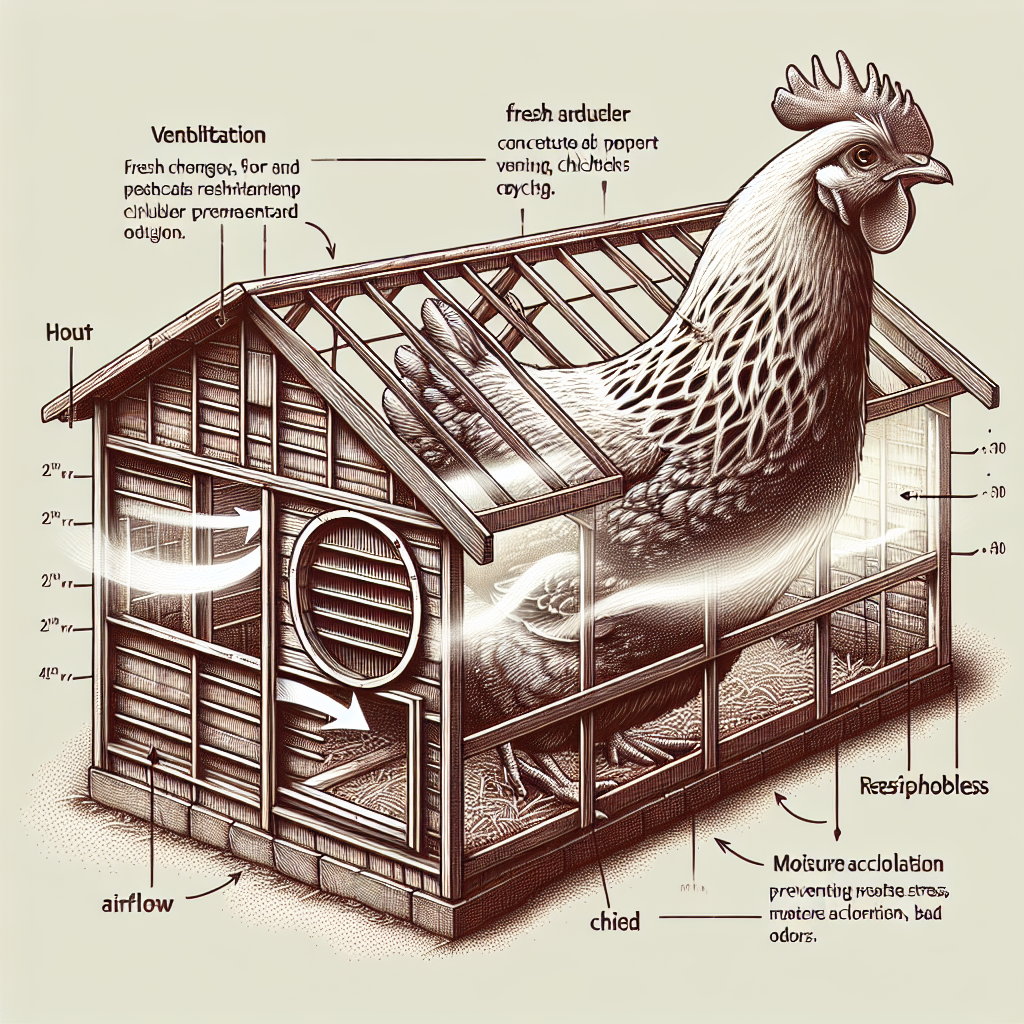Maintaining the overall health of your chickens is vital for their well-being and productivity. But with so many supplements available, it can be overwhelming to choose the right ones. In this article, we will explore the various supplements that are beneficial for the overall health of chickens. From vitamins and minerals to probiotics and herbs, we will uncover the secrets to keeping your feathered friends in top shape. With the right supplements, your chickens will thrive and lead happy, healthy lives. So let’s dive in and discover the key to maintaining optimal chicken health.
Overview
Taking care of your chickens means ensuring they have a well-balanced diet that caters to their nutritional needs. Just like humans, chickens can benefit from taking supplements to support their overall health. In this article, we will explore the various supplements that are beneficial for maintaining the overall health of chickens. From probiotics and prebiotics to essential fatty acids, amino acids, herbs and botanicals, proteins, electrolytes, and stress reducers, we will cover it all. Additionally, we will discuss the specific nutritional requirements of different stages of chickens. So let’s dive in and learn how to provide your feathered friends with the best care possible.
Probiotics and Prebiotics
Benefits of Probiotics
Probiotics play a crucial role in supporting the gastrointestinal health of chickens. These beneficial microorganisms help maintain a healthy balance of bacteria in their gut, which is essential for optimal digestion and nutrient absorption. By supplementing your chickens’ diet with probiotics, you can help prevent digestive issues, improve their immune function, and enhance their overall well-being.
Benefits of Prebiotics
Prebiotics serve as food for the beneficial bacteria in the chickens’ gut, promoting their growth and activity. By including prebiotics in their diet, you provide the necessary nourishment for the probiotics to thrive, ultimately improving the overall health of your chickens. Additionally, prebiotics can support the immune system and help maintain a healthy digestive tract.
Combination of Probiotics and Prebiotics
When used together, probiotics and prebiotics create a powerful duo that can significantly benefit the health of your chickens. The combination helps establish a healthy gut microbiome, enhances nutrient absorption, strengthens the immune system, and promotes overall well-being. Introducing a well-formulated probiotic and prebiotic supplement into your chickens’ diet can contribute to their long and healthy lives.
Vitamins and Minerals
Vitamin A
Vitamin A is vital for the growth, development, and overall health of chickens. It plays a crucial role in maintaining healthy vision, promoting strong bones, supporting reproductive health, and boosting the immune system. Including vitamin A in your chickens’ diet can help prevent deficiencies and ensure their well-being.
Vitamin D
Vitamin D is essential for calcium absorption, which is crucial for bone health and eggshell formation in laying hens. Exposure to sunlight enables chickens to naturally produce vitamin D, but supplementing their diet can be beneficial, especially during winter months or when sunlight is limited.
Vitamin E
Vitamin E is a powerful antioxidant that helps protect the chickens’ cells from oxidative damage. It plays a key role in supporting their immune system, promoting healthy skin and feathers, and enhancing reproductive health. Including vitamin E in your chickens’ diet can contribute to their overall well-being.
Vitamin K
Vitamin K is necessary for blood clotting and bone health in chickens. It aids in the production of proteins that regulate blood clotting and supports proper bone development. Ensuring your chickens have an adequate intake of vitamin K is crucial for their health and vitality.
B-Vitamins
B-vitamins, including thiamine, riboflavin, niacin, pantothenic acid, pyridoxine, biotin, folic acid, and cobalamin, are essential for the overall health of chickens. These vitamins play various roles in metabolism, energy production, nervous system function, and feather development. Providing your chickens with a balanced B-vitamin supplement can prevent deficiencies and support their overall well-being.
Calcium
Calcium is a vital mineral for laying hens, as it is necessary for eggshell formation. Deficiencies in calcium can lead to weak or thin-shelled eggs, which can negatively impact the health of your chickens. Ensuring they have a sufficient supply of calcium in their diet is crucial for their reproductive health and overall well-being.
Phosphorus
Phosphorus works in conjunction with calcium to support bone health and eggshell formation. It also plays a role in energy metabolism and proper functioning of enzymes in chickens. Including phosphorus in your chickens’ diet is essential for their overall health and vitality.
Iron
Iron is necessary for the production of hemoglobin, a protein responsible for transporting oxygen in the blood. An iron deficiency can lead to anemia and decreased energy levels in chickens. Providing your chickens with an adequate iron supplement can help prevent deficiencies and ensure their well-being.
Zinc
Zinc is involved in various physiological processes in chickens, including growth, development, metabolism, and immune function. It plays a crucial role in enzyme function and protein synthesis. Supplementing your chickens’ diet with zinc can support their overall health and performance.
Selenium
Selenium is a trace mineral that acts as an antioxidant, protecting cells from oxidative stress. It plays a vital role in the chickens’ immune system and thyroid function. Including selenium in their diet can contribute to their overall health and well-being.
Essential Fatty Acids
Omega-3 Fatty Acids
Omega-3 fatty acids are beneficial fats that support various aspects of chickens’ health. They play a role in reducing inflammation, improving immune function, supporting brain health, and promoting proper feather development. Including a source of omega-3 fatty acids in your chickens’ diet can contribute to their overall well-being.
Omega-6 Fatty Acids
Omega-6 fatty acids are essential for chickens, as they cannot synthesize them on their own. These fatty acids play a crucial role in immune function, cell signaling, and growth. Including a balanced ratio of omega-6 fatty acids in your chickens’ diet can support their overall health and vitality.
Amino Acids
Methionine
Methionine is an essential amino acid that chickens require for proper growth, feather development, and egg production. It is a building block for proteins and is involved in various metabolic processes. Supplementing with methionine can help meet the chickens’ amino acid needs and support their overall health.
Lysine
Lysine is another essential amino acid that chickens need for growth and development. It plays a role in protein synthesis, feather development, and immune function. Including a quality source of lysine in your chickens’ diet can contribute to their overall well-being.
Tryptophan
Tryptophan is an essential amino acid that serves as a precursor for serotonin, a neurotransmitter that regulates mood and behavior. It plays a role in stress reduction and promoting better sleep. Providing your chickens with a sufficient amount of tryptophan in their diet can help support their overall well-being.
Threonine
Threonine is involved in protein synthesis and plays a crucial role in the growth and development of chickens. It is necessary for the production of collagen and elastin, which are essential for healthy skin, feathers, and connective tissues. Including threonine in your chickens’ diet can contribute to their overall health and vitality.
Valine
Valine is one of the branched-chain amino acids (BCAAs) that chickens require for muscle development and repair. It plays a role in protein synthesis and energy production. Supplementing your chickens’ diet with valine can support their muscle health and overall well-being.
Isoleucine
Isoleucine is another BCAA that chickens require for growth, muscle development, and energy production. It is involved in protein synthesis and supports optimal muscle function. Including isoleucine in your chickens’ diet can contribute to their overall health and vitality.
Leucine
Leucine is the third BCAA that is essential for chickens’ growth and muscle development. It plays a role in protein synthesis and helps preserve muscle mass. Including leucine in your chickens’ diet can support their muscle health and overall well-being.
Herbs and Botanicals
Garlic
Garlic has natural antimicrobial properties and can help chickens fight off various infections. It supports the immune system, acts as an antioxidant, and promotes overall health. Including garlic in your chickens’ diet can contribute to their well-being.
Turmeric
Turmeric is known for its anti-inflammatory properties and antioxidant effects. It can support the immune system, promote healthy digestion, and aid in alleviating certain health issues in chickens. Including turmeric in their diet can contribute to their overall health and vitality.
Ginger
Ginger has antimicrobial and anti-inflammatory properties, making it beneficial for chickens’ health. It can support digestion, reduce inflammation, and boost the immune system. Including ginger in your chickens’ diet can help promote their overall well-being.
Oregano
Oregano is a potent herb that has antimicrobial and antioxidant properties. It can support the immune system, improve gut health, and promote overall wellness in chickens. Including oregano in their diet can be beneficial for their health.
Echinacea
Echinacea is known for its immune-boosting properties. It can enhance the chickens’ ability to fight off infections and strengthen their immune system. Including echinacea in their diet can contribute to their overall health and well-being.
Cinnamon
Cinnamon has antimicrobial properties and can help control bacteria and fungi in chickens’ digestive tracts. It also has antioxidant effects and may help regulate blood sugar levels. Including cinnamon in their diet can support their digestive health and overall well-being.
Proteins and Other Sources of Animal Protein
Fish Meal
Fish meal is a valuable source of high-quality protein for chickens. It is rich in essential amino acids, omega-3 fatty acids, minerals, and vitamins. Including fish meal in your chickens’ diet can provide them with the necessary nutrients to support their growth, feather development, and overall health.
Meat and Bone Meal
Meat and bone meal is another protein-rich ingredient that can be beneficial for chickens. It contains a good balance of amino acids, minerals, and vitamins. Including meat and bone meal in their diet can contribute to their protein needs and overall health.
Blood Meal
Blood meal is a valuable source of protein and iron for chickens. It is highly digestible and provides essential nutrients that support their growth, feather development, and overall well-being. Including blood meal in their diet can be beneficial for their health.
Dried Insects
Dried insects, such as mealworms, are a natural source of protein for chickens. They are rich in essential amino acids, minerals, and vitamins. Including dried insects in their diet can provide a nutritious and natural supplement to support their overall health and vitality.
Electrolytes and Stress Reducers
Electrolytes
Electrolytes play a crucial role in maintaining the chickens’ fluid balance and overall health. During periods of stress or dehydration, chickens may require supplementary electrolytes to support their well-being. including electrolytes in their drinking water or feed can help replenish essential minerals and promote proper hydration.
Stress Reducers
Chickens can experience stress due to various factors, such as changes in their environment, handling, or disease outbreaks. Certain supplements can help reduce stress and promote their well-being. Herbs like chamomile and lavender have calming effects and can be added to their diet to help alleviate stress.
Proper Nutrition for Different Stages
Chicks
Chicks have unique nutritional requirements to support their growth and development. Providing them with a balanced starter feed that contains essential nutrients, proteins, vitamins, and minerals is crucial. Supplementing their diet with probiotics, prebiotics, and additional vitamins and minerals can further enhance their well-being.
Pullets
Pullets are young hens that are getting ready to lay eggs. They have increased nutritional needs to support their reproductive health. Feeding them a balanced diet that includes essential nutrients, vitamins, minerals, and omega-3 fatty acids can help prepare them for laying eggs and ensure their overall health.
Laying Hens
Laying hens have specific nutritional needs to support egg production and overall health. Providing them with a balanced layer feed that includes essential nutrients, calcium, vitamins, and minerals is crucial. Supplementing their diet with omega-3 fatty acids, probiotics, and prebiotics can contribute to their egg quality, reproductive health, and well-being.
Roosters
Roosters have nutritional requirements that differ from hens as they do not lay eggs. They require a balanced diet that provides essential nutrients, proteins, vitamins, and minerals to support their overall health and vitality. Including supplements like vitamins and essential fatty acids can further enhance their well-being.
Broilers
Broilers are chickens raised for meat production, and their nutritional needs are focused on rapid growth and muscle development. Feeding them a balanced diet that includes high-quality proteins, vitamins, minerals, and essential amino acids is essential. Including supplements like probiotics, prebiotics, and stress reducers can help support their overall health and growth.
Summary
In conclusion, maintaining the overall health of chickens requires a well-balanced diet that meets their nutritional needs. Supplementing their diet with various supplements can significantly contribute to their well-being. Probiotics and prebiotics support gut health and immune function, while vitamins and minerals play crucial roles in various biological processes. Essential fatty acids, amino acids, herbs and botanicals, proteins, electrolytes, and stress reducers all play a role in supporting the chickens’ overall health. Lastly, providing proper nutrition for different stages of chickens, including chicks, pullets, laying hens, roosters, and broilers, is essential for their growth, development, reproductive health, and overall well-being. By understanding their unique nutritional requirements and incorporating the necessary supplements, you can ensure that your feathered friends thrive and lead a healthy and happy life.




